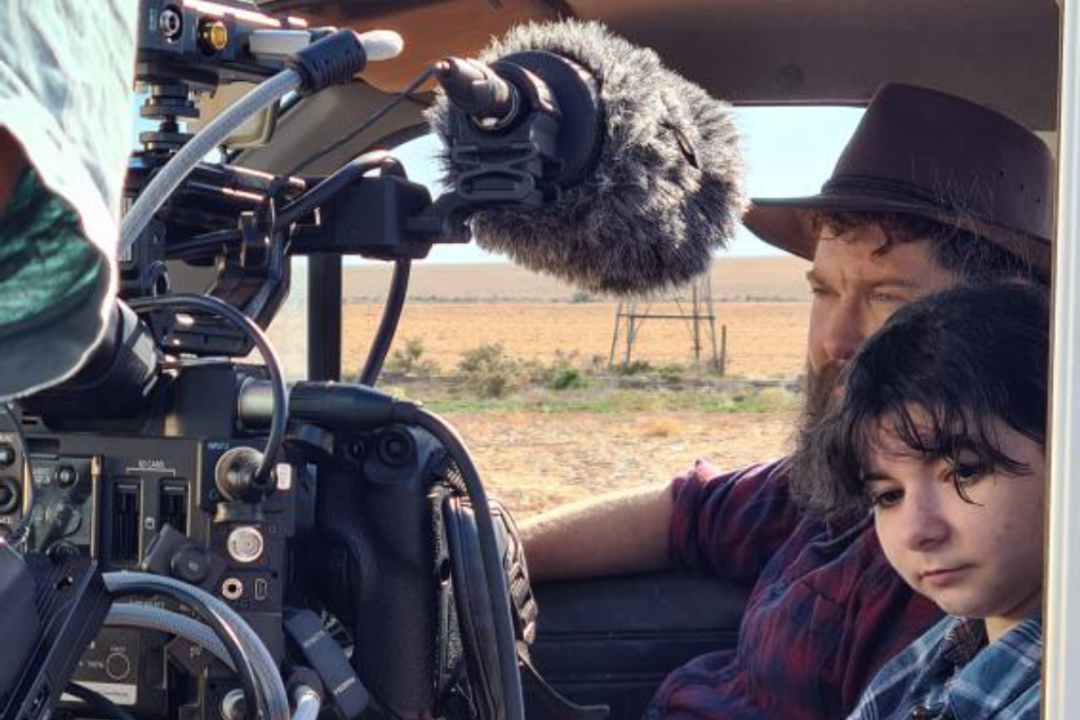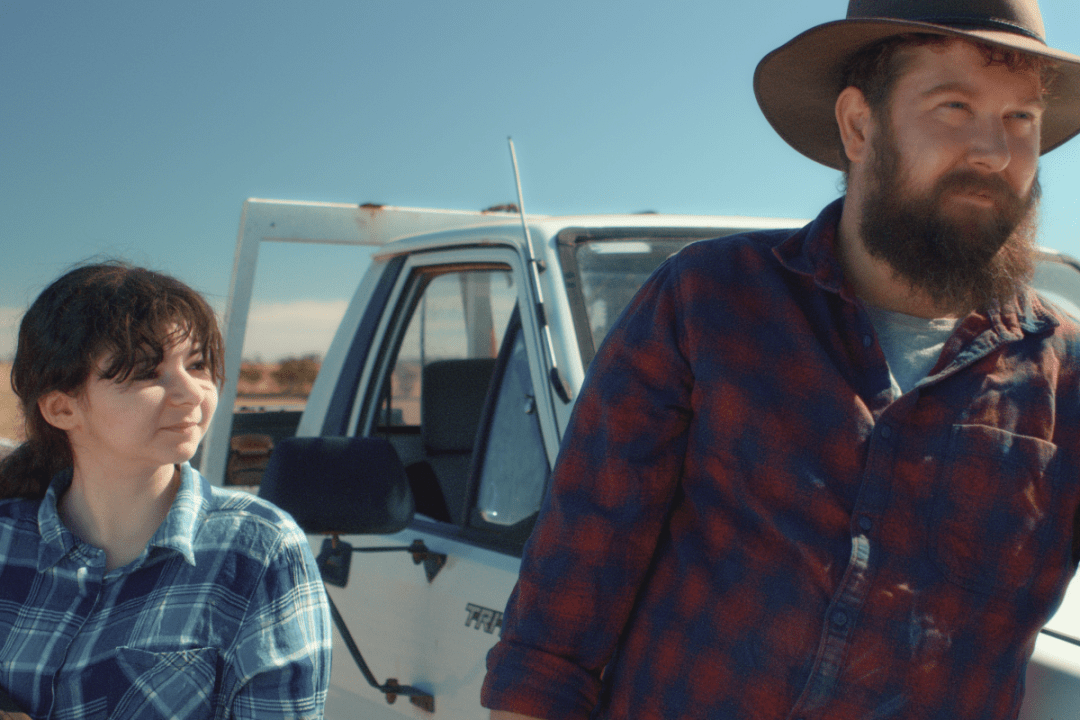SA film about the big dry hits the big screen
A South Australian filmmaker’s production confronts issues about a generational regional crisis, as another grips the state.

John deCaux grew up in the Riverland during the Millenium Drought, an experience that he says still impacts him as an adult living in Adelaide.
“Even to this day it still impacts the way that my wife and I think about water consumption and that kind of thing, because it was a big part of our childhood, dealing with the Millenium Drought,” deCaux tells InDaily.
This experience has now inspired deCaux’s new film At the Mercy, which tells the story of the Millenium Drought through the eyes of a 14-year-old girl witnessing the mental and financial toll on her family.

“The film is not necessarily directly based on my own lived experience around the hardship and some of the mental health issues raised,” deCaux said.
“But it was interesting trying to channel to the actors the feeling of helplessness and how out of control you are when you’re in that really problematic phase of financial distress
You might like
“I thought telling it from a child’s perspective was a way of opening up a conversation and getting into the film in a different, unique way.”
Produced at Six Foot Four Productions with Jasmin Watkins and supported by Regional Arts Australia, Country Arts SA and the District Council of Loxton Waikerie, deCaux said the film has a big focus on mental health.

“Mental health, especially in the country, is surrounded by a lot of shame, and it’s not something that is getting better, but it’s something that we need to talk about,” he said.
“And it doesn’t come naturally to people, especially male farmers. You struggle in a country town because everybody knows everyone, so the moment you voice that maybe you’re struggling, you are kind of concerned that everybody’s suddenly going to know.
“I think because religion is an element, it’s also quite prominent in rural communities as well. So even like, self-harm is a topic that is often surrounded with more shame than it normally would have.
Stay informed, daily
“So even voicing a concern about yourself or somebody else, you hesitate, mainly because you’re worried about the public perception.
“I think that’s part of the stigma to it as well. And I think that was where I found the inspiration to tell this story.”

At the Mercy premiered at the Chaffey Theatre in Renmark, with a panel discussion to be held afterwards involving local industry leaders and mental health experts, as well as Mental Health Commissioner Taimi Allan.
“There is two audiences to this,” deCaux said.
“There’s the rural communities where hopefully it will start sparking up a conversation and also allow you to reflect on, am I on this path or does somebody else I know seem to be going on the stretch, and do I need to reach out to them and show support?
“But then also the other audiences, metropolitan Australia that in a way small business owners have the same struggle to some degree, regardless if you’re on land or running a business, and I think that’s where sometimes there’s a bit of a distance between the country and the city.

This time around, in what farmers around the state are calling the worst drought since 1967, deCaux lives in the city, which he said has allowed him to see how droughts impact both sides: the regions and metropolitan areas.
“I’m hoping this film also opens up, people living in the city to be a little more open-minded about how challenging a farming life can be, and how you really, to some degree, don’t have control over certain elements, like the weather,” he said.








